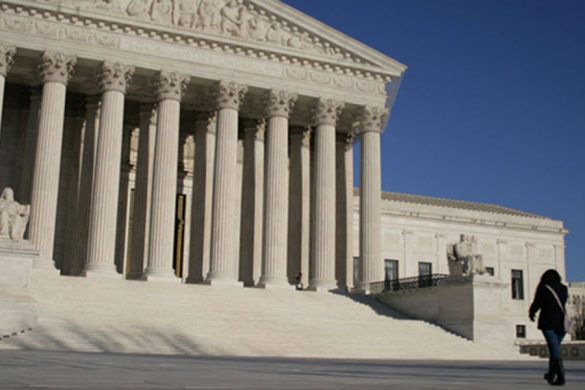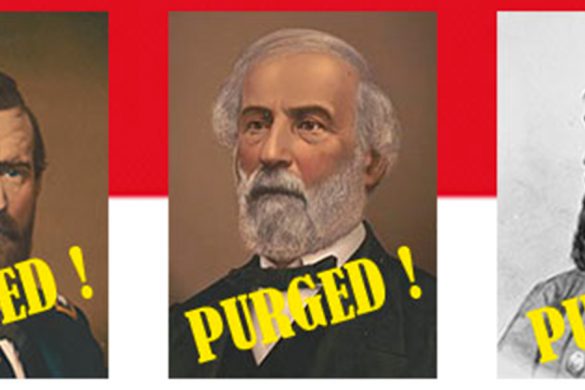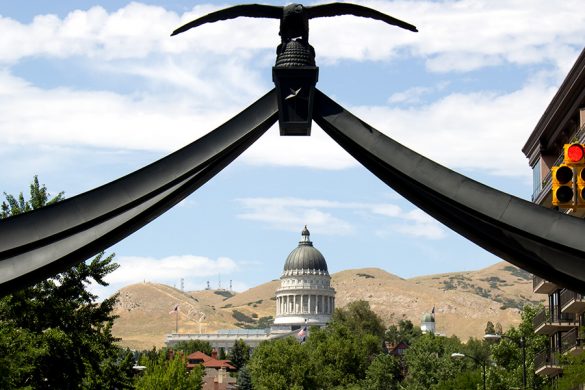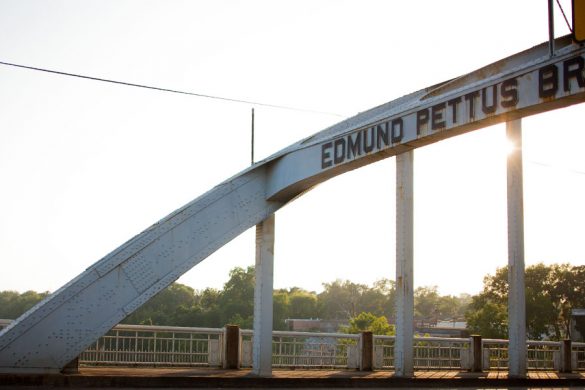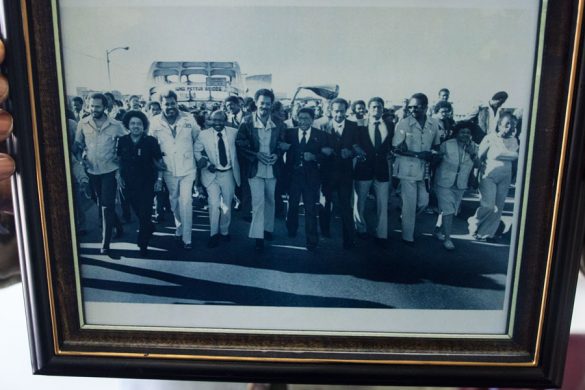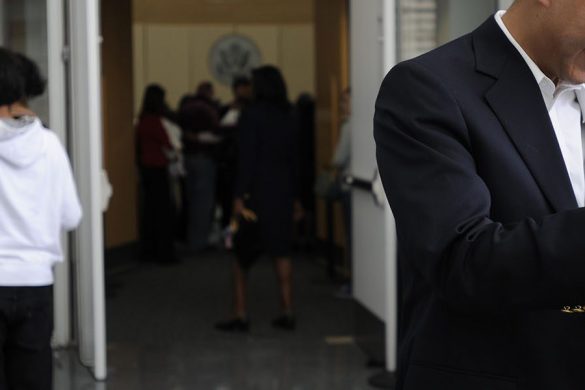PHOENIX – The 4th Circuit Court of Appeals on Friday overturned North Carolina’s voter identification law, one of the nation’s most extensive, saying it targets African-American voters “with almost surgical precision.”
The law took effect in 2013 and required voters to show photo ID at the polls, reduced the early voting period and eliminated same-day registration and out-of-precinct voting. A later amendment allowed voters without ID to cast a provisional ballot.
The ruling eliminates the ID requirement, adds a week onto the early voting period and restores same-day registration and out-of-precinct voting.
The court’s opinion, written by Judge Diana Gribbon Motz, said the U.S. District Court had ignored “critical facts bearing on legislative intent.”
“Faced with this record, we can only conclude that the North Carolina General Assembly enacted the challenged provisions of the law with discriminatory intent,” the ruling states.
Democracy North Carolina, a voter advocacy group that opposes the law, supported the court’s decision in a post written by Executive Director Bob Hall.
Hall’s statement said the circuit court judges recognized that a “significant number of voters would be irreparably harmed” if they didn’t reverse the decision.
The plaintiffs, which include the state NAACP, appealed in April after U.S. District Judge Thomas D. Schroeder ruled that there was not sufficient enough evidence to suggest the law had discriminatory intent, citing turnout rates among African-Americans in 2014 that were comparable to whites.
In Court of Appeals hearings in June, Judge Henry F. Floyd wasn’t sold on the argument that the law was passed to reduce voter fraud, according to the Associated Press.
The primarily Republican supporters of the law also say it was put in place to restore confidence in the elections process. In an interview at the Republican National Convention, North Carolina state Sen. Ron Rabin said people should support the law because IDs are needed for almost everything.
“Anybody that thinks you don’t have to have federal laws on voting just to ensure one person, one vote, they just aren’t in the real world,” Rabin said. “Everyone knows the stories about the dead people who vote. We’ve all seen it.”
Anita Earls, the executive director of the Southern Coalition for Social Justice, said in June that the law disenfranchises a wide variety of people, not just minority voters.
“The most people that were disenfranchised in (the 2014 election) was because of no same-day registration,” she said. “That includes students, poor people who have moved around a lot and people with disabilities. (North Carolina’s) voting laws are antiquated.”
Gov. Pat McCrory said in a Facebook post that the state will appeal the decision.
News21 reporter Emily Mahoney contributed to this report.
